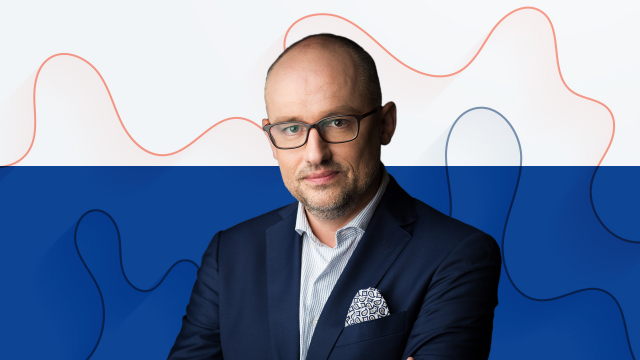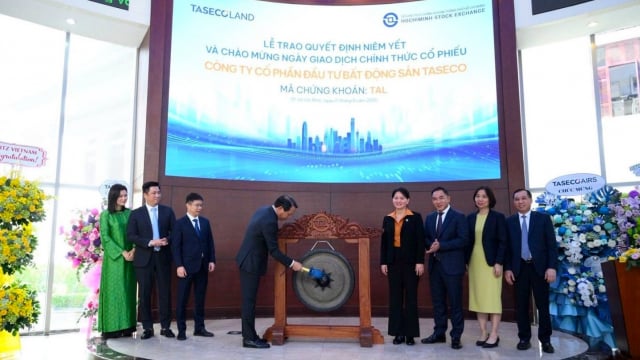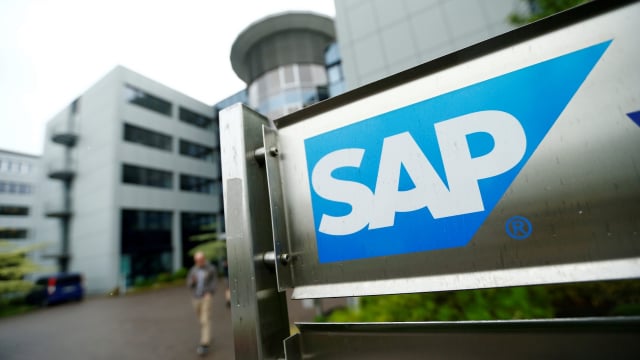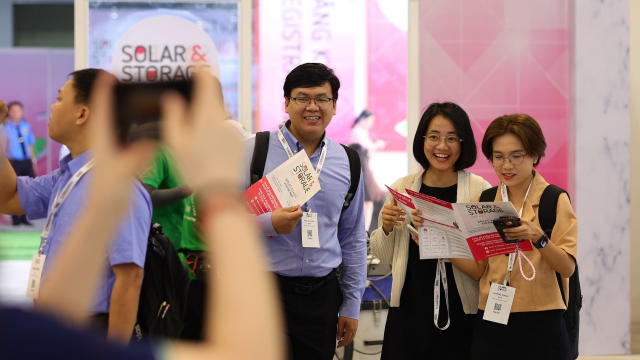Business
When rivals have to work together
The efforts of rivals on plastics could speed key changes to benefit both the planet and their bottom lines.
In the market economy, competition play an important part in promoting development. Rivals traditionally tend not to work together, which helps companies stay distinct as one-of-a-kind innovators and maintain competitive advantages, as well as protect consumers’ interests.
However, when new problems come as plastic waste, companies will need to learn to solve them in new ways, and the world need system-wide changes to benefit the environment. That required rivals to work together for both planet and their profits in long term.
According to the UNEP, the world produces more than 300 million tonnes of plastic waste a year – more than the weight of the world’s population. Still, according to some estimates, only around 6 per cent of plastic is recycled globally.
Moreover, still more plastic isn’t recycled because of the breathtaking variety of plastic packaging produced. Almost no two pieces of packaging are exactly the same in the market. The variety of material, colour, shape and design make it difficult to sort packaging into the appropriate fractions for recycling.
In Europe, only between roughly 20 – 40 per cent of all plastic waste is recycled, and the figure is even lower in developing countries as Vietnam. Only a very low percentage is recycled, and the rest comes to landfills, ocean or is burned in waste incinerator plants.
From his experience in field of recycling paper packaging for beverages, Hoang Trung Son, General director of Dong Tien Paper Company, commented that the complexity in classification and treatment makes cost of recycling higher that many companies cannot afford.
Writing on Weforum, Mo Chatterji, project fellow at World Economic Forum, said that standardization at the product design stage could transform recycling rates for the better.
Easily recyclable packaging could be prioritized, and consumers could more easily sort this appropriately. Once collected, this waste could be more easily and cheaply sorted by facilities.
Moreover, higher levels of waste would make it through to the recycling stage and less would be lost to landfill, incineration or export (as is currently the case). Through standardization, new recycling economies of scale could be developed, facilitating large increases in recycling rates.
With more standardized packaging increasing recycling rates, it could be possible to create a more reliable supply of Post-consumer-recyclate (PCR) output, therefore increasing supply (and quality) of PCR.
He emphasized that rivals could improve these rates, by working together and standardizing the types of packaging they use.
In addition, while governments have a role to play through Extended Producer Responsibility (EPR) systems, brand owners understand both end-consumers and the associated packaging requirements much better and have traditionally also been able to move much more quickly than governments.
Still, these efforts face many barriers, he noted. Among them are entrenched ideas, from the need for unique packaging to attract consumers to the idea that working together with rivals should simply not be an option.
The changes are seen in some markets where rivals work together to develop initiatives to reduce waste and promote the circular economy model, with the help of industry bodies like Alliance to End Plastic Waste and the New Plastics Economy from the Ellen Macarthur Foundation.
In Vietnam, Packaging Recycling Organization Vietnam (PRO Vietnam) founded in 2019 is a result of handshake of rivals. It is coalition of leading FDI and Vietnamese companies, and especially a common responsibility that is making Vietnam Green, Clean, and Beautiful by promoting a circular economic model through more accessible and sustainable packaging collection and recycling process.
Digitalization is key for circular economy
Michelin leads the smart mobility revolution with data and AI
Michelin is undergoing a strong transformation by applying AI and smart analytic, helping lead the smart, safe, and sustainable mobility revolution in the Industry 4.0 era.
LG Innotek secures $200 million IFC loan following revenue drop
LG Innotek Vietnam Hai Phong secured a $200 million IFC loan as revenue slows, aiming to expand camera module production while meeting sustainability targets.
Leading with empathy in Vietnam’s billion-dollar investment flows
For Koen Soenens, Sales and Marketing Director at DEEP C, empathy is a compass that guides major deals, the way a leader builds a team, and the ambition to create a sustainable industrial zone that carries a Vietnamese identity.
Taseco Land’s new logo marks a new growth trajectory
Taseco Land has shifted its listing to HOSE and introduced a new upward-pointing arrow logo - a visual statement of its strategy to raise capital, expand its land bank, and strengthen its standing in Vietnam’s real estate sector
SAP positions Vietnam as key R&D hub with €150 million investment
Located in the heart of Ho Chi Minh City, SAP Labs Vietnam is the second SAP Labs Network hub in Southeast Asia, following Singapore and is one of 20 countries that have SAP Labs globally.
Solar & Storage Live Vietnam returns, leading sustainability and innovation in energy sector
Solar & Storage Live Vietnam event has been running since 2017 and the 2025 edition will be the biggest yet.










































